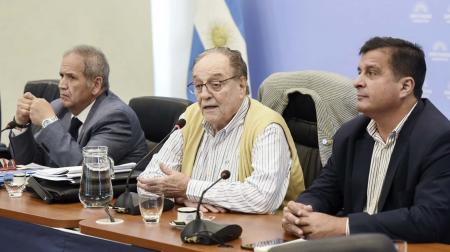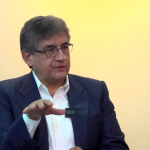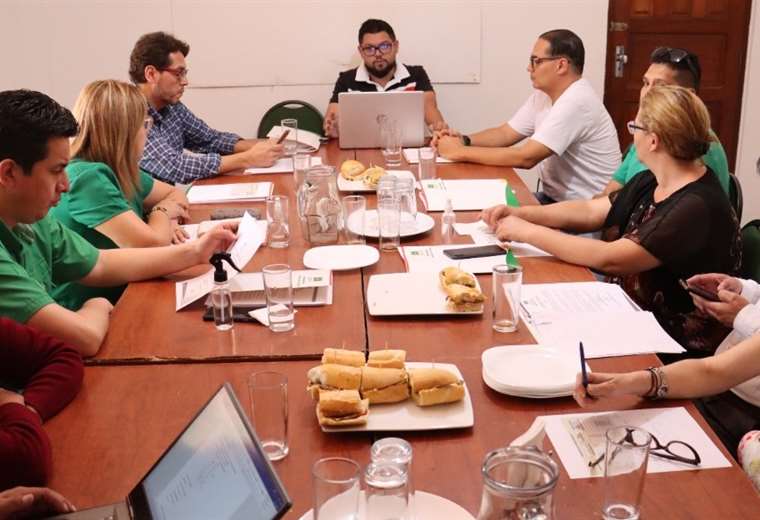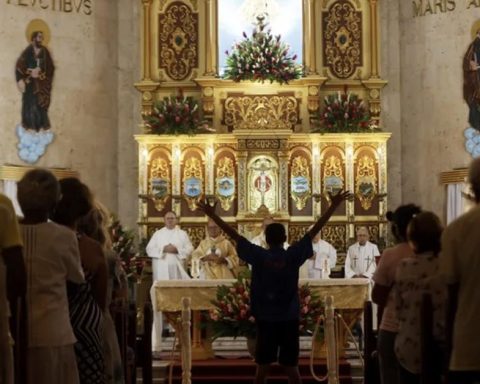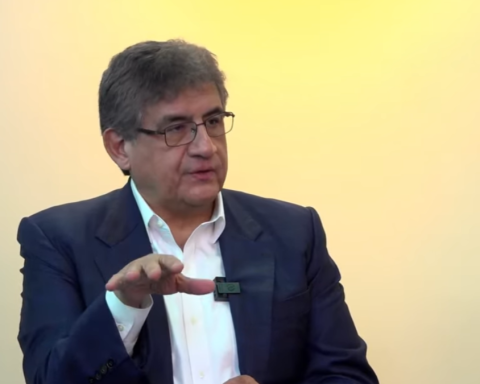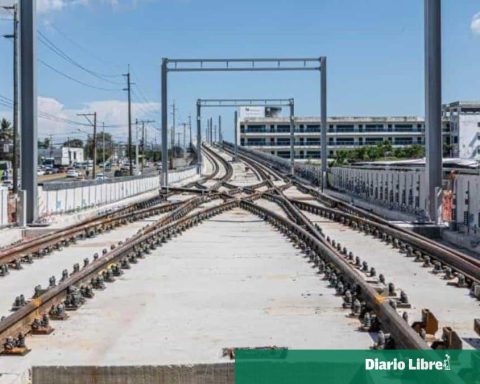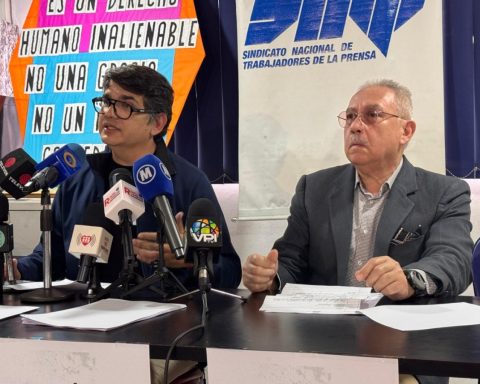The Budget and Treasury Commission of the Chamber of Deputies advanced in the analysis of the project of expenses and resources of 2023 and decided to move to intermediate room until Thursday in search of the agreements between the parliamentary blocs that will be reflected in the opinion that will be issued that day.
The commission deliberated between 1:00 p.m. and 4:30 p.m. when, at the request of pro-government and opposition deputies, it was decided to suspend this Wednesday’s meeting and directly have the commission plenary again this Thursday from 10:00 a.m. to discuss the opinion that will be issued that day, and which will be debated in a session at the session venue on October 26.
The decision It was adopted to allow the president of the commission, Carlos Heller, to receive all the proposals and dialogue with the legislators of different political blocs and thus bring the positions closer together to have an opinion with the greatest political consensus..
The ruling party defended the macroeconomic variables of the Budget project but left open the possibility of including some changes in the initiative, as long as they do not alter the fiscal deficit that they seek to drop from 2.5 to 1.9 percent.
The discussion about the project
The text designed by the Ministry of Economy, headed by Sergio Massa, estimates a growth of the economy of 2%, an inflationary guideline of 60% and a decrease in the fiscal deficit from 2.5% to 1.9%, which is sought with reduction of expenses and subsidies, with a total expenditure of almost $29 billion, collection of $22.5 billion and a primary deficit of $6.3 billion.
The central points that generate the most debate are the subsidies for passenger transport in the interior of the country, the power for the Government to increase agricultural withholdings, the article that allows money laundering for the purchase and construction of homes, and the reduction of some social items such as Progresar Scholarship Program, and for the Socio-Urban Integration Fund.
In this context, the president of the block of deputies of the Frente de Todos, Germán Martínez, said that if the blocks “are bringing their proposals closer, it will be possible to see how far agreements can be reached.”
“We know -he added- that in the Budget debate we must manage ourselves with flexibility. There are many aspects that make up the functioning of the economy and the administration of resources. The idea is to achieve the political consensus that we need”.
The radical Víctor Hugo Romero said that “it is very difficult for us to agree in terms of the macro economy, but we can bring our contributions and reduce differences on certain issues.”
Parliamentary sources pointed out that there will surely be an improvement on the subsidy for passenger transport in the interior of the country as demanded by deputies from the ruling party and the opposition, although they ruled out that it could rise from $66,000 million to $100,000 million as some legislators ask, and also that there be increases for Universities and some social items such as the Progresar scholarship.
On the subsidies for passenger transport, the president of the Transport Commission, the radical Jorge Rizotti, said that “in article 81, of the extension of compensation of the Public Transport Fund, there is an allocation of $66,000 million.”
In this sense, Rizotti requested that the allocation for the Transport of the interior go from the $66,053 million budgeted to a figure close to $110,000 million.
The same claim was made last week by FDT deputies Jorge Romero and Ignacio Garcia Aresca from Córdoba Federal.
On the other hand, the ruling party maintains its position on the article that allows the Government to be authorized to change the withholdings and said that it still does not have any proposal on the JXC request to include a clause that if the collection increases due to an increase in inflation, it will be sent a budget correction.
In this regard, the head of the Agriculture Commission, Ricardo Buryaille, said that a different wording of article 96 on withholdings should be sought since “today it is in litigation and there are some rulings regarding the constitutionality or not of the collection of withholdings for the fall of the powers delegated last year”.
“My vocation is that this point can be addressed seriously and reasonably, both economically and legally. We are not willing to validate the increase in export duties, which is enabled in that article,” he said.
In the first part of the meeting, the macroeconomic variables and the role of the Central Bank were discussed, as well as the treatment of the leliqs and how they impacted deposits and the inflationary process and the action they had on these financial tools, both the macrismo and the current National Government, as well as the decisions adopted in the Pandemic,
The first to speak at the meeting of the Budget Commission was the deputy from the United Republicans Ricardo López Murphy, who highlighted the treatment mechanism that the Budget is undergoing, questioned the operation of the Central Bank and asked “what is going to be paid for the leliqs”.
“We have an institutional design that leads us to permanent mega-inflation, because we indebt someone who has no resources of their own, who only does is issue money and it would be a miracle if it worked otherwise,” he added.
In this regard, Heller said that López Murphy made “errors when he referred to the leliqs and the management of the Central Bank because when the previous government took office, the lebacs could be used by private investors” and that system generated the “carry trade” with “profits at the request of the Central Bank.
Heller insisted that “the problem is that there is a fiscal deficit that has more demands than resources and that is what we have to face and see how it is resolved.”
For his part, Martin Tetaz of Radical Evolution pointed out that “there is a worrying situation of the fiscal deficit that is being financed with the monetary issue. The remunerated liabilities of the Central Bank are a Now 30 of inflation; an inflationary plan in installments.”
The deputy of the FDT-Patria Grande-Itaí Hagman, said that Argentina “has a fiscal deficit that it is seeking to solve” and that “it was largely financed with advances from the treasury and that was not because we wanted to have a fiscal deficit, but because It was the way we had to act in the pandemic, without any access to financing.
He stressed that Cambiemos “left a bomb with an unpayable dollar debt and a profiled debt that was defaulted. We are very far from the situation in which the Mauricio Macri government left.
